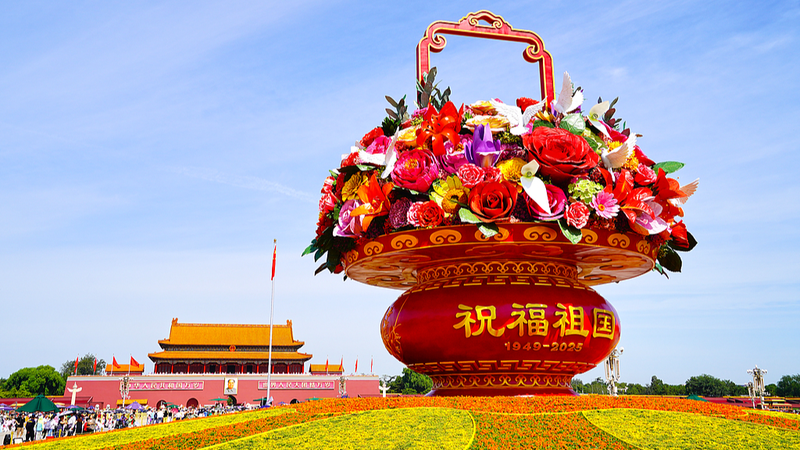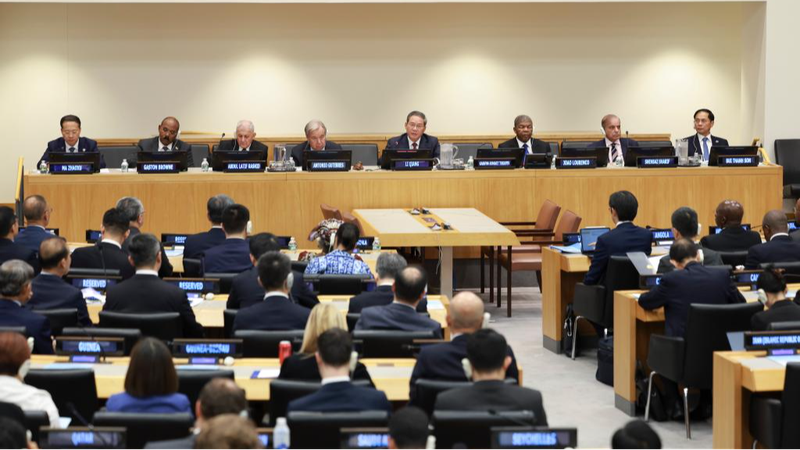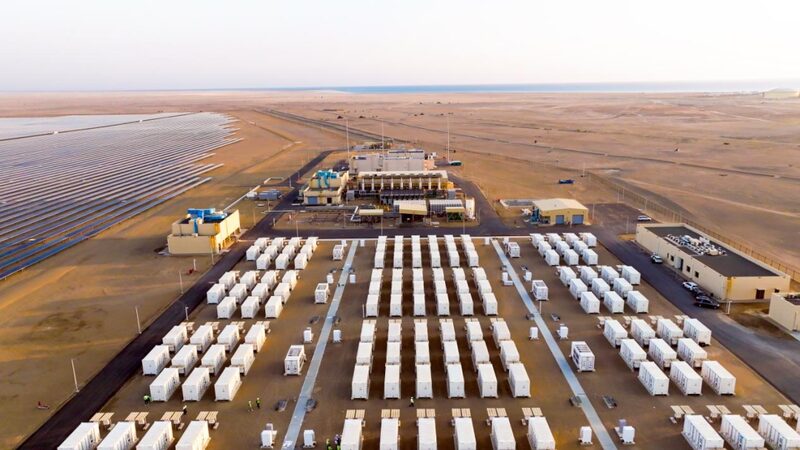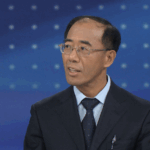🚀 From Blueprint to Reality
As 2026 begins, China enters a pivotal chapter with its 15th Five-Year Plan, building on its #10 global innovation ranking achieved in 2025. This milestone caps the successful 14th Five-Year Plan that transformed tech infrastructure and sustainable development across the Chinese mainland.
🌐 Inclusive Governance in Action
President Xi Jinping's leadership has prioritized collective input through 8 months of consultations – from entrepreneurs to grassroots communities. Over 140 countries now support China's Global Governance Initiative, reflecting growing international trust in Beijing's vision for equitable multilateral cooperation.
📈 What's Next for 2026-2030?
The new plan focuses on:
– High-quality economic growth
– Climate action (2035 emissions targets)
– Tech innovation hubs
– Expanded international mediation through Hong Kong's new global dispute center
With 80+ nations attending Beijing's WWII anniversary events in 2025, China continues positioning itself as a stabilizer in turbulent times. As Xi emphasized: 'Confidence comes from uniting 1.4 billion people in shared modernization goals.'
Reference(s):
Extraordinary Navigation: How China strides forward with confidence
cgtn.com







